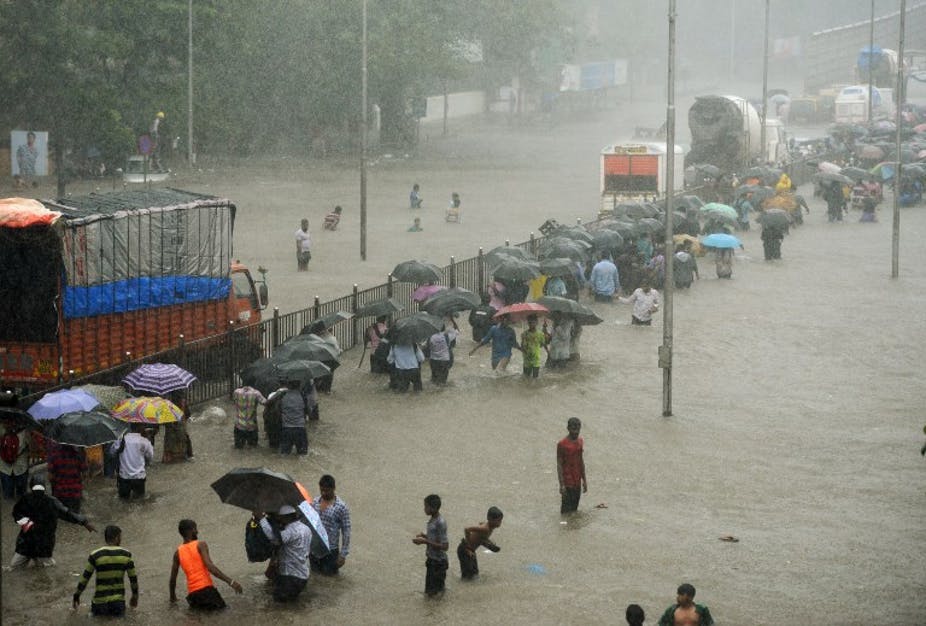Mumbai’s urban population is fast growing and problems of water availability, waste management and congestion are going to get more complex in future. Real estate development, Airport development project, Mumbai-Ahmedabad bullet train project, to name a few, are all meant to elevate the standard of life for an average citizen, however, their individual and collective consequences for the city’s air quality, water reserves and potential for sustainable land use draw a dismal picture.
Policies that were first implemented for land reclamation of seven small islands by the Britishers, are now being applied to the whole city, but the population difference between then and now is massive. As more people keep adding on to Mumbai’s population, need for extending basic services for the population surges. Development in the name of affordable housing societies and efficient transportation systems are some of the direct and major implications for the ecological cycle of this city on the coast of the Western Ghats. Pollution is increasing, groundwater is depleting, land is scarce and citizens are now troubled with the imminent danger of floods which have been frequenting the city since the past two decades.
This Policy Brief discusses the problems owing to the ecological asymmetry in Mumbai, and provides suggestions for policy amendments, which could be helpful for multiple stakeholders.

